
Home
Publications
Publications
Showing 0 to 0 of 0 results

Statements
2025-06-25T16:51:49
APHR Condemns Killing of Filipino Human Rights Defender, Demands Swift and Impartial Investigation
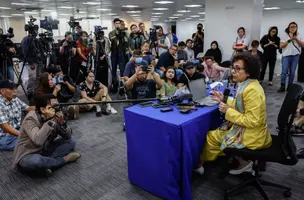
Statements
2025-06-19T15:11:46
APHR to Marcos Administration: End Red-Tagging, Free Human Rights Defenders, Act on UN Recommendations Now

Statements
2025-06-12T07:00:20
APHR Demands Protection of Filipino Fisherfolk, Calls for an end to US-China Militarization of the Philippine Seas

Events
2025-05-26T10:31:40
Bridging Parliament and People: APHR at the ASEANPeoples2025@ASEAN2025
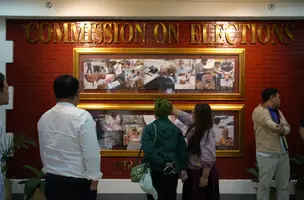
Statements
2025-05-15T15:44:11
Machine Failures, Dynasties, Harassment and No Secret Ballot: Southeast Asian MPs Question 2025 Philippine Midterms Integrity
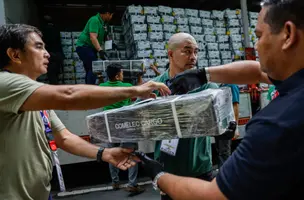
Statements
2025-05-10T13:37:57
LAUNCH STATEMENT: Southeast Asian lawmakers probe violence, dynasties, state resource abuse and disinformation in the 2025 Philippine Midterm Elections
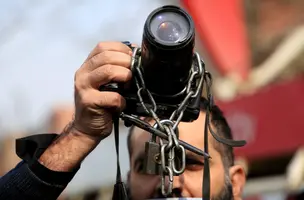
Statements
2025-05-03T15:52:41
World Press Freedom Day 2025: Defending the Frontlines of Truth in Southeast Asia
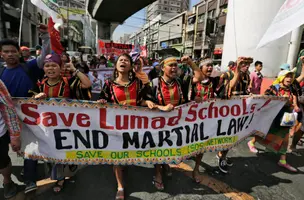
Statements
2025-03-27T15:07:36
Southeast Asian MPs: Release Lumad Leader Michelle Campos and Her Companions
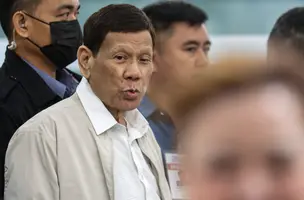
Statements
2025-03-11T15:34:01
Duterte’s Landmark Arrest: Defining a New Era for International Justice in Southeast Asia
TOP
ASEAN Parliamentarians for Human Rights (APHR) was founded in June 2013 with the objective of promoting democracy and human rights across Southeast Asia. Our founding members include many of the region's most progressive Members of Parliament (MPs), with a proven track record of human rights advocacy work.
Copyright © 2024-2025 All Rights Reserved - ASEAN Parliamentarians for Human Rights (APHR)
Website by Bordermedia